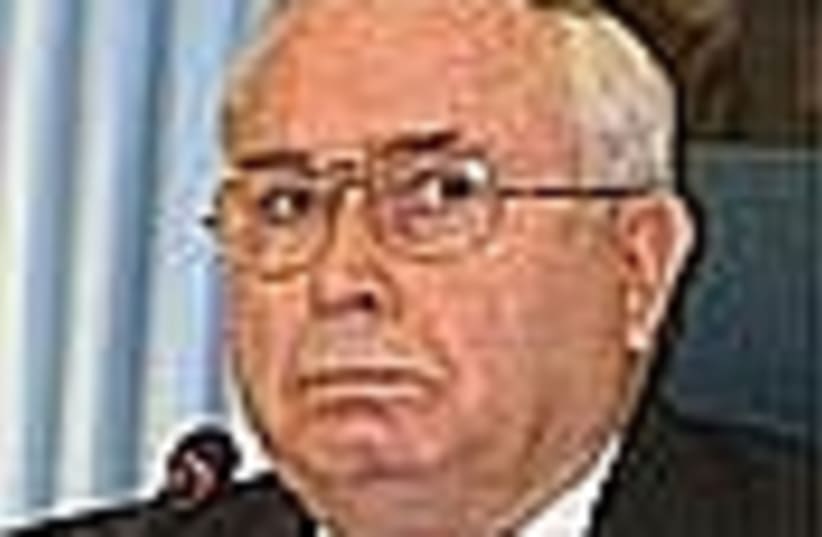| More about: | Tel Aviv University, Arab citizens of Israel, Gaza Strip, Sakhnin |
Justice: Whom to believe - PID or Or?
The Police Investigations Department caused a major stir this week when it exonerated everyone involved in the shooting of 13 Arabs during the October 2000 riots.
